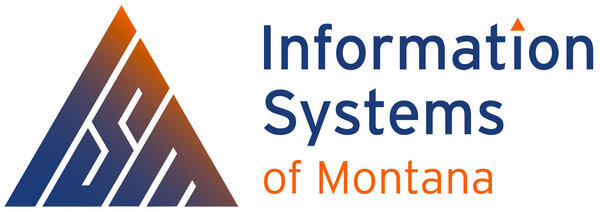
Insurance giant Aflac disclosed a cyberattack on June 12, 2025, revealing sensitive data exposures, including Social Security numbers, health, and claims information. This was part of a broader industry-wide campaign targeting insurers. The intrusion was contained within hours, but highlights a looming threat facing all businesses, big and small, that handle sensitive data.
The Attacks Believed to Be Part of a Larger Campaign
In mid-June, Aflac confirmed a cyberattack that struck its U.S. network, exposing sensitive data ranging from Social Security numbers to health and claims information. The company stated the breach was contained within hours, but investigators quickly determined that the incident was part of a much larger campaign.
Within days, other major insurers, including Erie Insurance and Philadelphia Insurance Companies, reported similar breaches, suggesting a coordinated wave of attacks across the insurance sector. Cybersecurity experts now attribute the spree to the hacking group known as Scattered Spider, a collective infamous for using social engineering techniques in prior attacks on casinos, telecom firms, and retail operations.
The threat is not limited to insurance alone. According to the FBI, Scattered Spider is already pivoting toward other industries, with airlines and transportation companies warned to be on alert for similar tactics.
Smaller Businesses Need to be Ready
It would be easy to dismiss these headlines as problems only for billion-dollar insurers, but the truth is that smaller businesses often face even greater risks when a breach occurs. While companies like Aflac can deploy entire security teams and absorb the financial shock, a small or mid-sized business in Montana doesn’t have the same safety net. A single compromise of client data, even something as basic as Social Security numbers or health records, can trigger regulatory penalties, lawsuits, and long-term loss of trust.
The reality is that professional services firms, healthcare practices, and financial businesses here at home handle the same categories of sensitive data that attackers are targeting on a global scale. If hackers can disrupt giants with limitless resources, they will look for opportunities to exploit smaller organizations that lack dedicated security teams or rapid recovery plans. For small businesses, one incident can mean weeks of downtime, financial strain that can’t easily be absorbed, and reputational damage that may never fully heal.
Strategic Guidance from ISM
At ISM, we support Montana businesses with IT resilience built for remote operations and tight budgets. Here’s how we help safeguard you:
- Backup & Recovery Reinforcement: Regularly test your backups to ensure rapid restoration if data is compromised.
- Social Engineering Prevention: Conduct team awareness training to spot phishing, vishing, and impersonation tactics.
- Identity & Access Controls: Implement MFA and principle-based user access to minimize intrusion risks.
- Vendor & Partner Audit: Evaluate how third-party tools handle data and compliance, so you’re not caught off-guard.
- Incident Readiness Playbooks: Build clear, simple response plans tailored to small teams, so you’re not scrambling during a crisis.
Our goal is to help you stay secure, compliant, and confident, without overcomplicating your IT.
Don’t Risk Your Customers’ Data and Your Reputation
If an insurance giant can be breached, smaller businesses are even more at risk. They have fewer resources, and it can take longer to bounce back.
Being unprepared puts your customers’ data and your reputation at risk.
Schedule a “Cyber Resilience Assessment” with ISM
We’ll help you evaluate backup reliability, strengthen access governance, and walk through an incident response checklist, so you can keep working and protected.


